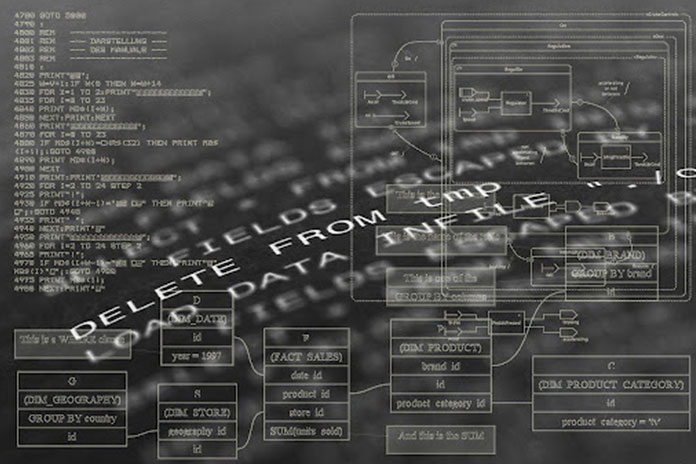The IT industry constantly evolves, and virtual machines (VMs) have emerged as a technology that has transformed how people deploy and manage computing resources. Virtualization, the core concept behind VMs, involves creating a virtual version of physical hardware, allowing multiple operating systems (OS) to run simultaneously on a single physical machine. This article delves into the essential features of virtual machines and highlights their importance in today’s data-driven world.
Understanding Virtualization and How It Makes Virtual Machines Possible
At its core, virtualization is a technique that abstracts the hardware layer. An introduction on virtualization by TechRepublic notes that it allows you to run virtual instances that operate independently of the underlying physical infrastructure. Such implementation is achieved through a hypervisor, a software layer that sits between the hardware and the virtual machines. This application, also known as a Virtual Machine Monitor (VMM), allocates and manages the physical resources, ensuring each VM operates seamlessly within its isolated environment.
The Main Characteristics of Virtual Machines
1. Independence: One VM Can Run Independently from Other VM Instances
Virtual machines can function autonomously and in seclusion. Each VM operates like an independent physical machine, equipped with its exclusive resources including CPU, memory, storage, and network interfaces. This isolation guarantees that actions performed within one VM do not have any impact on others. Because of this independent nature, the system can be more secure and stable.
2. Flexibility: VMs are Highly Scalable and Versatile
Virtual machines provide a level of flexibility and resource optimization that traditional physical servers struggle to achieve. This characteristic makes other end-user applications of VMs more capable. Our post on ‘The Return of the Multi-Purpose Database’ explains how database platforms like MongoDB need to expand both horizontally and vertically to meet diverse demands. With VM technology included as a core feature, the system can ensure swift provisioning of environments. A guide to virtual machines by MongoDB outlines that VMs can adjust resources based on project and traffic requirements. This capability, known as resource pooling, enables organizations to maximize the use of hardware infrastructure, reducing costs and environmental impact. The versatility of VMs empowers data platforms to optimize resource allotment and enable easier navigation of modern data ecosystems.
3. Mobility: VMs Can Be Migrated Relatively Quickly
VMs can be easily moved between different hosts or data centers, providing high mobility for more efficient workload management and disaster recovery. Tech journalist Keith Shaw notes that the portability of VMs also simplifies the process of migrating legacy applications to modern infrastructure. This ensures compatibility and longevity of software investments.
4. Availability: VMs Can Be Managed with No Downtime
In addition to the previous trait, VMs can also have a live migration feature. This allows VM instances to be moved between physical servers without interrupting the running processes. The result is continuous operation and minimized downtime risks during maintenance, upgrades, or load-balancing tasks. Combined with features like fault tolerance and high availability, VMs contribute to building resilient and robust computing environments.
5. Reliability: VMs Can Have Multiple Backups
Virtual machines have a feature called snapshot, which allows the capture of the current state of a VM at a specific point in time. Snapshots serve as backups and recovery points, enabling users to roll back to a known, stable state in case of serious system issues.
There’s also the cloning feature that enables the rapid duplication of VM instances. It helps with streamlining the building and deployment processes of projects. This is crucial with data maintenance, especially for big organizations. In another article, Techno Rumours explored how data backups might look in the future. One important trait is continuous data replication, a process that may use techniques such as cloning.
Summary
As technology continues to advance, virtual machines are likely to play an increasingly vital role in shaping and developing data-driven IT infrastructure. They offer a versatile and efficient approach to resource application and management. The characteristics of VMs, including isolation, resource allocation, snapshotting, and mobility, have made them indispensable in modern data centers and cloud computing environments.

